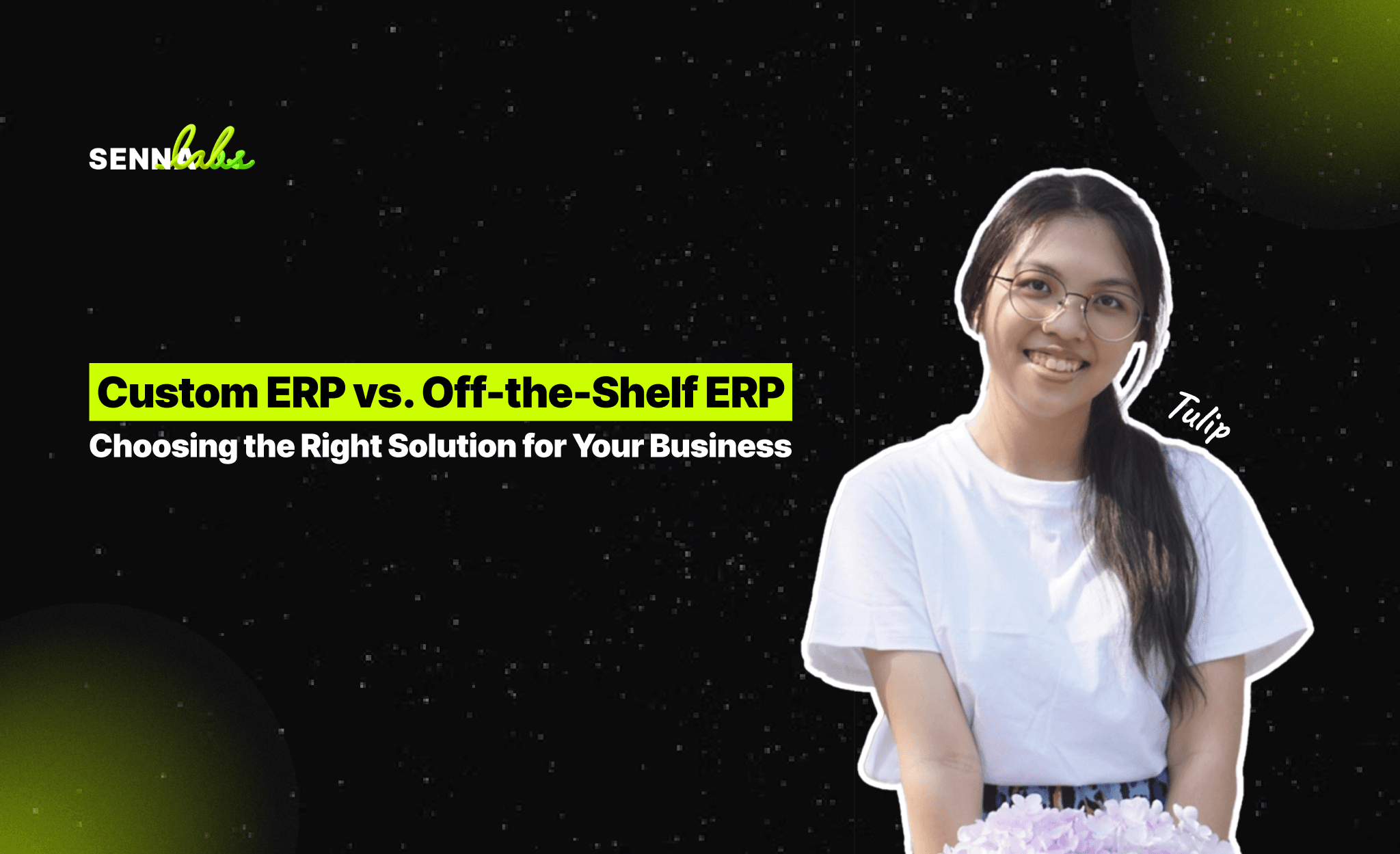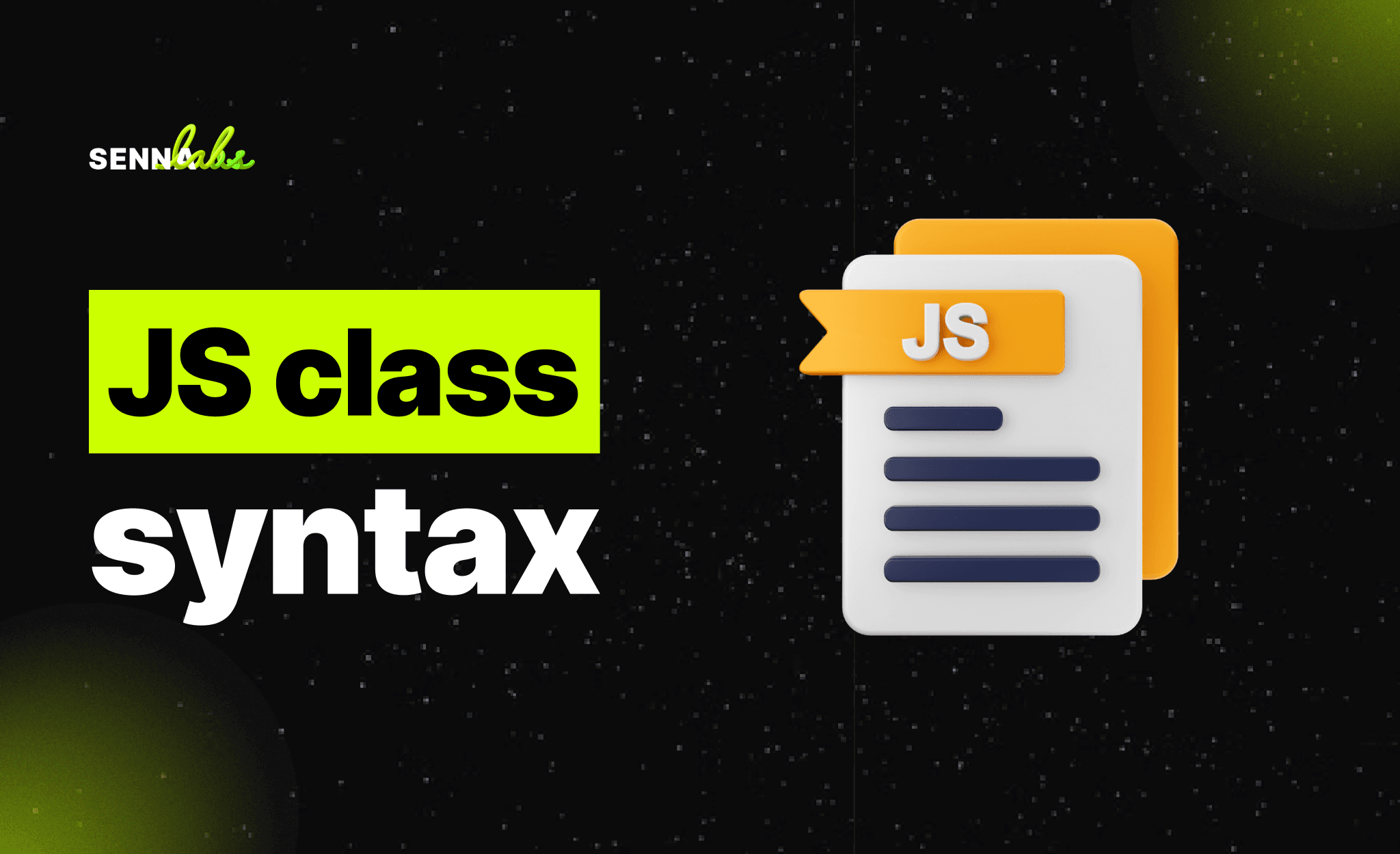Custom ERP vs. Off-the-Shelf ERP: Choosing the Right Solution for Your Business
Share

Enterprise Resource Planning (ERP) systems are the backbone of modern businesses, integrating essential functions like finance, inventory, and customer relationship management. When choosing an ERP solution, companies face a crucial decision: invest in a custom-built system or opt for an off-the-shelf package. This article explores the key differences between the two approaches, highlights their pros and cons, and provides real-world examples to guide your decision-making process.
Off-the-Shelf ERP: Ready-to-Go Solutions
Off-the-shelf ERP systems, also known as packaged or commercial ERP, are pre-built software solutions designed to cater to a wide range of industries and business sizes. They come with a set of standard features and functionalities that can be configured to some extent.
Pros:
-
Lower Upfront Costs: Typically more affordable than custom development, making them an attractive option for smaller businesses with limited budgets.
-
Faster Implementation: Being pre-built and tested, these systems can be implemented relatively quickly, allowing businesses to start reaping the benefits sooner.
-
Regular Updates and Support: Vendors provide regular updates and technical support, ensuring the system remains secure and up-to-date.
Cons:
-
Limited Customization: Customization options are often restricted, making it difficult to adapt the system to unique business processes and workflows.
-
May Not Fit Your Processes Perfectly: Businesses may need to adjust their processes to align with the software's pre-defined workflows, potentially leading to inefficiencies.
-
Potential for Feature Bloat: You may end up paying for features and functionalities that your business doesn't actually need.
Real-World Examples of Off-the-Shelf ERP Users:
-
Smaller Manufacturers and Distributors: Companies like Bobrick Washroom Equipment have successfully implemented off-the-shelf ERP solutions like SAP Business One to manage their inventory, production, and customer relationships.
-
Retailers: Retailers such as Lush Cosmetics utilize off-the-shelf ERP systems like Microsoft Dynamics 365 for Retail to streamline inventory management, point-of-sale operations, and customer engagement.
-
Healthcare Providers: Many healthcare organizations rely on off-the-shelf solutions like Epic or Cerner to manage patient records, scheduling, billing, and other critical processes.
Custom ERP: Tailored for Your Unique Needs
Custom ERP systems are developed specifically for a particular organization, taking into account their unique processes, workflows, and requirements.
Pros:
-
Perfect Fit: Custom ERP software is meticulously designed to align with your business processes, increasing efficiency, productivity, and overall user satisfaction.
-
Flexibility and Scalability: These solutions can be easily adapted and scaled as your business evolves and grows, ensuring the system remains relevant and valuable in the long run.
-
Competitive Advantage: Unique features and functionalities tailored to your industry and business model can give you a significant edge over competitors.
-
Enhanced Data Security: You have complete control over your data and security measures, allowing you to implement the most robust safeguards to protect sensitive information.
Cons:
-
Higher Upfront Costs: Custom development requires a larger initial investment compared to off-the-shelf solutions.
-
Longer Implementation Time: Building a custom ERP system takes time, as it involves a thorough understanding of your business processes and careful design and development.
-
Requires Technical Expertise: You'll need a skilled team of developers to build and maintain the system, either in-house or through a trusted partner.
Real-World Examples of Custom ERP Users:
-
Amazon: The e-commerce giant built its own custom ERP system to handle its vast and complex global operations, enabling seamless integration of inventory, fulfillment, and customer service.
-
Toyota: Toyota's renowned production system is supported by a custom ERP that aligns perfectly with their lean manufacturing principles, contributing to their exceptional efficiency.
-
Coca-Cola: The beverage company developed a custom ERP to manage its complex global supply chain, ensuring efficient production and distribution of its products worldwide.
Choosing the Right ERP for Your Business
The decision between custom and off-the-shelf ERP depends on your specific needs and resources:
-
Budget: Consider your budget constraints. If you have limited resources, an off-the-shelf solution may be a more viable option.
-
Business Complexity: If your business processes are highly unique or complex, custom ERP might be the best fit.
-
Scalability: If you anticipate significant growth, custom ERP offers greater flexibility and scalability.
-
Implementation Time: If you need a solution quickly, an off-the-shelf ERP might be a better choice.
By carefully evaluating these factors and weighing the pros and cons of each approach, you can make an informed decision that empowers your business with an ERP system that drives efficiency, growth, and long-term success.

Share

Keep me postedto follow product news, latest in technology, solutions, and updates
Related articles
Explore all


